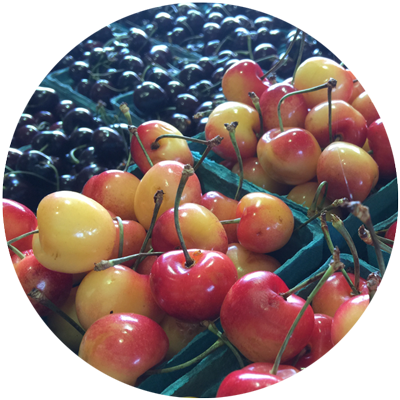Home > Climate News >
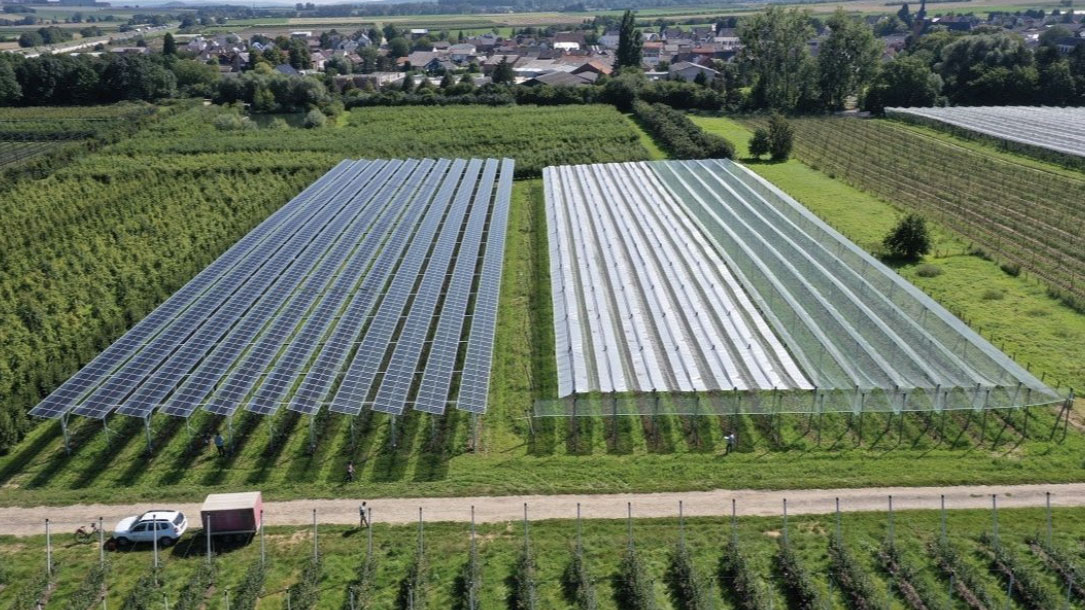
Agrivoltaics to protect crops from heavy rainfall
BayWa r.e. and the Fraunhofer Institute for Solar Energy Systems ISE have built a 258 kW agrivoltaic system that hosts apple cultivation under four different crop protection systems. The system utilizes agrivoltaic technology with permanent, light-permeable PV modules that block rain, and tracking PV module tech that blocks rain only if necessary…
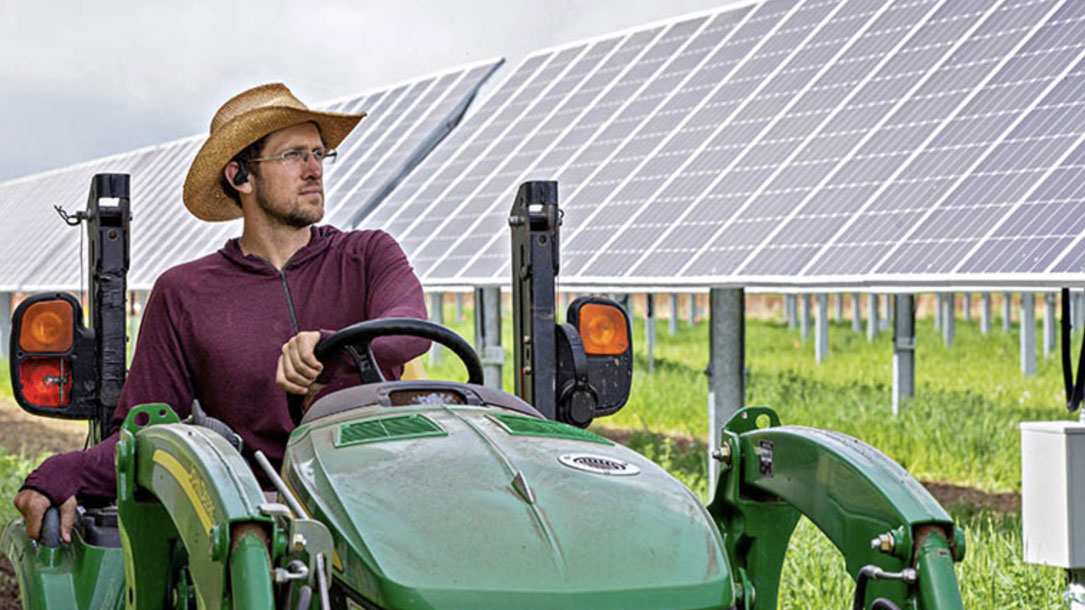
The future of agriculture combined with renewable energy finds success at Jack’s Solar Garden
Jack’s Solar Garden is the largest commercially active agrivoltaics system researching crop and vegetation growth under photovoltaic solar panels in the United States. The garden generates enough power for more than 300 homes from 3,276 solar panels (6 ft and 8 ft) that create a 1.2-MW community solar garden.
Audubon Rockies, a regional office of the bird protection society, established their largest Habitat Hero pollinator habitat in Colorado around the solar array, while a local nonprofit farming organization, Sprout City Farms, trains young farmers to cultivate crops under the solar panels…
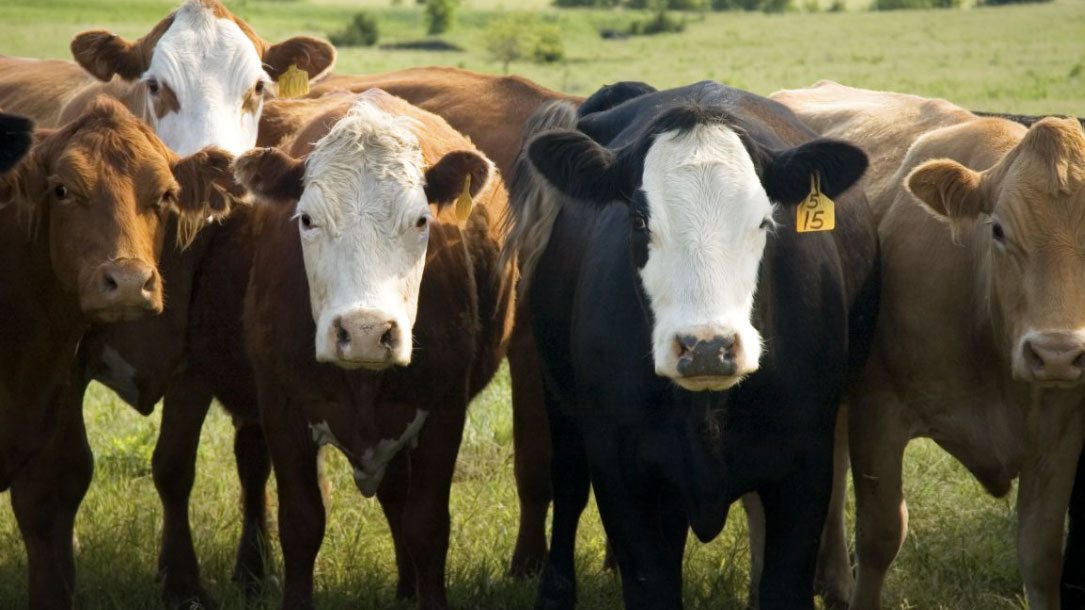
Farming to mitigate the effects of climate change
At Bailey and Sarah Williamson Preserve, farmers will be using regenerative methods to help mitigate and reverse the effects of climate change. Industrial-conventional agriculture models have focused on single-crop operations that have exceeded the natural carrying capacity of the land, ruining soil, water, habitat, and air quality. Regenerative methods seek to reverse some of this damage by rebuilding degraded soils, increasing biodiversity, and creating healthy, fair, and just food systems…
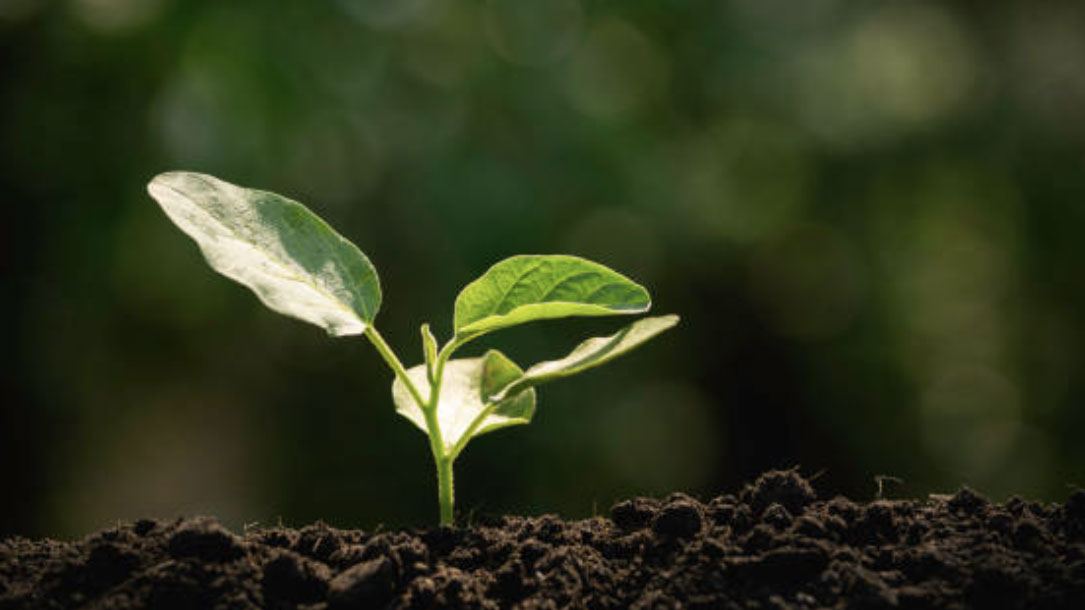
Climate change affects soil health
For too long, we’ve been saying that solar should avoid farmland, based upon soil type (meaning, avoiding lands of “prime” or “statewide” importance, etc.). Yet given that we know that climate change is stressing soils, and making farming and ranching more difficult, the question could better be framed: “How can solar (and wind) help farm and ranch viability, water retention, and soil health?”

Agrivoltaics. An economic lifeline for American farmers?
As natural systems become more stressed by climate change and the resulting disasters and impacts, natural climate solutions become more vulnerable.
Nature needs renewables — and our collective work to reduce energy consumption — to flourish.
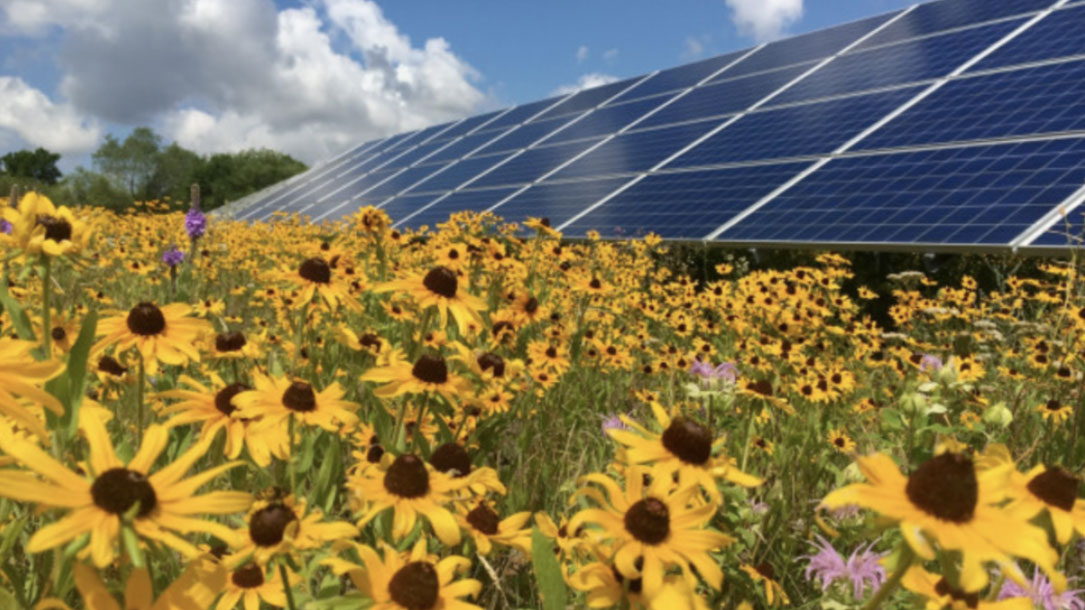
Farm-friendly solar site management
You may find the slides of this presentation helpful in understanding how you and/or community organizations can think through how solar can be compatible with conservation and farming goals — and how to help communities recognize the importance.
There is an opportunity to help people understand how compatible wind and solar can add to farm viability, soil health, and water quality.

Nation’s first regenerative dairy works with nature to heal soil — at scale
At a time when large dairy brands are experimenting with scaling up regenerative practices, Alexandre Family Farm is working to set the standard for the future of the industry…
The couple currently farm on about 9,000 acres (up from 560 acres when they first bought the ranch) with 8,000 head of cattle, including 4,500 mature cows, spread across four locations. All of their cows are on pasture after 5 months of age and the entire land gets grazed eight to nine times per year…
More than a dozen Northeastern dairies (all small-scale, with 100 – 150 cows) are currently going through the ROC certification process, Whitlow says, and the hope is that once those are announced, “it’ll show what’s possible”…
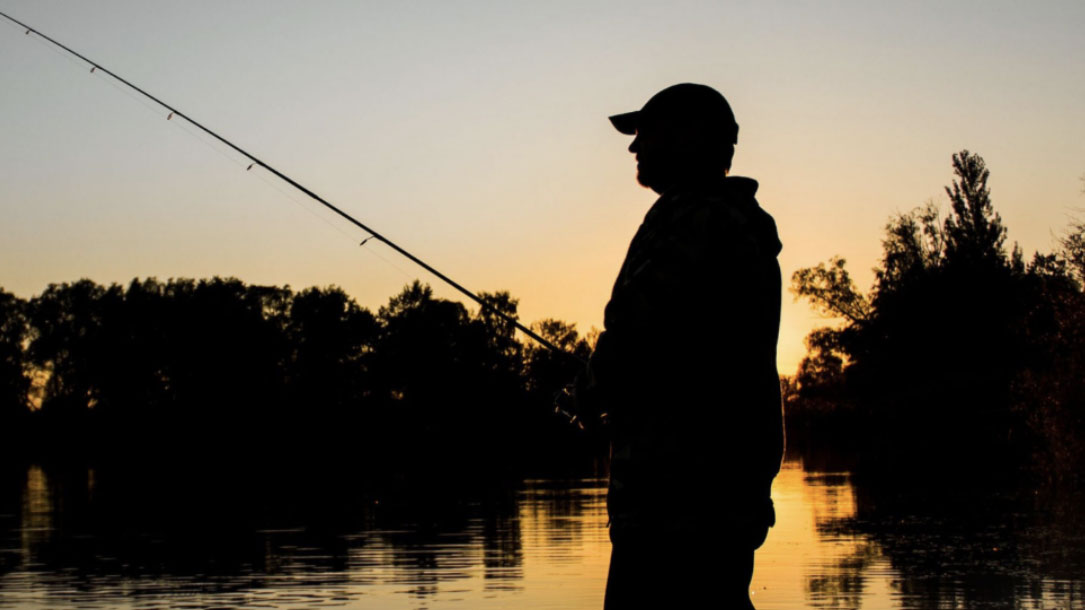
Six habitat improvements that are also climate solutions
When you think about who cares about slowing down climate change, don’t forget about hunters, anglers, and those who have a long-standing connection with the land.
There is no one silver bullet nor single set of actions that will turn the tides entirely — climate change can only be addressed with a comprehensive strategy that involves all of us and all the tools we have. Thankfully, this includes habitat conservation measures that are already supported by sportsmen and women.
Here are six habitat improvement strategies that provide this win-win proposition: better hunting and fishing opportunities and fewer climate-change-driven impacts to fish and wildlife….
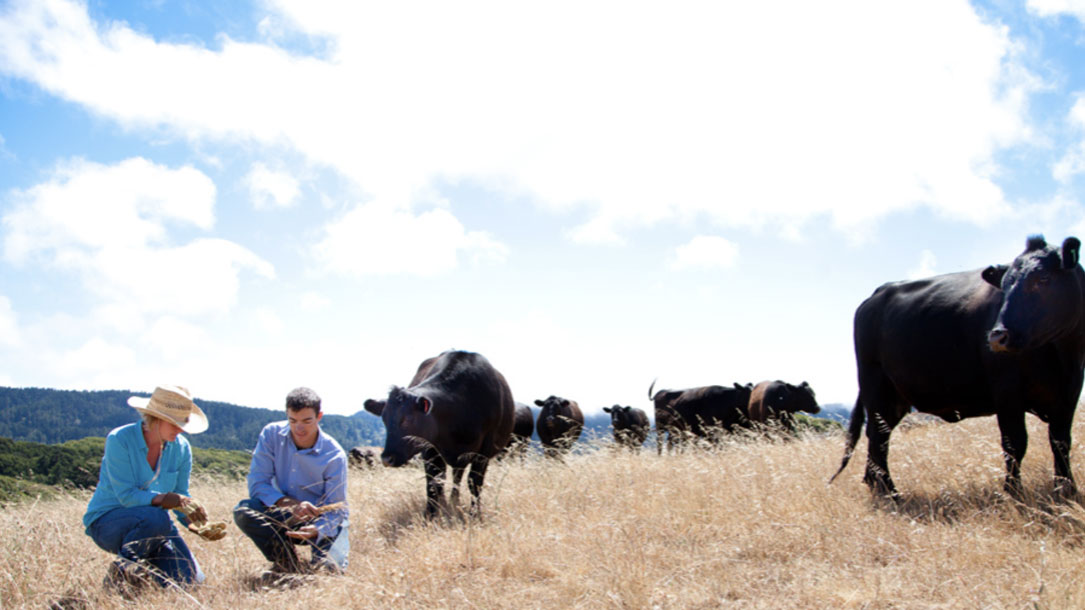
Running on renewable energy
Talking about how, and why, your land trust has transitioned to renewable energy, is important. Modeling this shift is a leadership move that will inspire others to do the same. Posting it on the land trust’s website, or the energy provider’s website, so folks can find out more about it, is smart:
“MALT helps preserve the rich agricultural heritage of Marin County by protecting its clean water, clear air, and open space. Climate change threatens Marin’s farming way of life. We operate on 100% renewable energy from MCE because reducing fossil fuel pollution will help our cause in the long run. MALT is proud to join a community of businesses and organizations in Marin who choose to reduce our carbon impact through MCE’s Deep Green Energy Program.”
MALT is also raising the profile about the importance of “Carbon Farming“— demonstrating how they are walking the walk to make a difference in a variety of ways. Check out that information HERE.
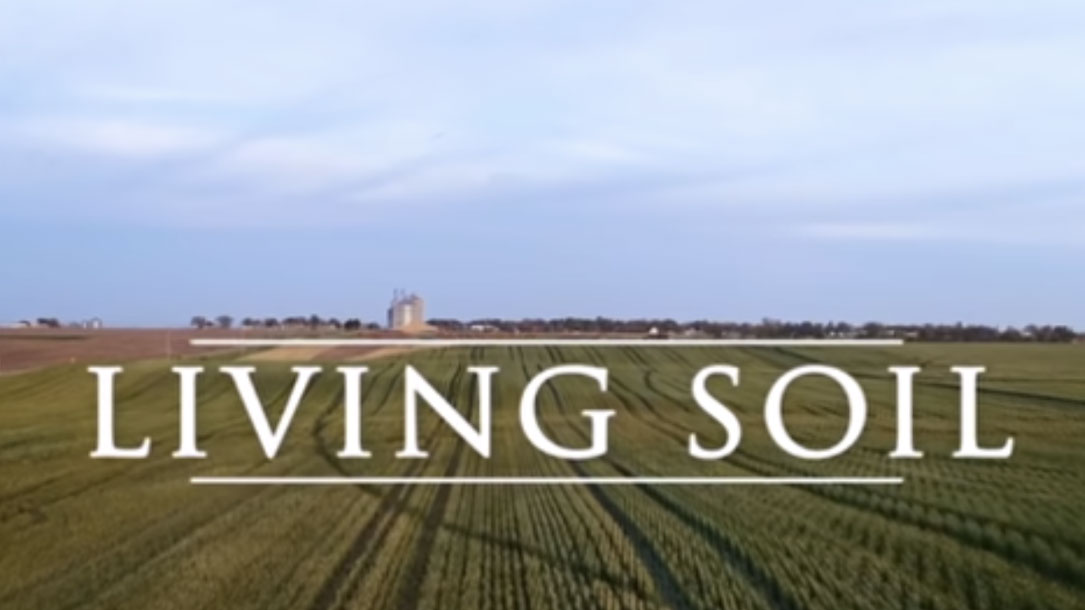
Finding the right messengers
This new documentary about regenerative agriculture highlights farmers and ranchers who are seeing the economic benefits of farming with soil in mind, and the climate benefits of doing so, as well.
ASA shared this on their Facebook page and linked it to their work
“Living Soil tells the story of farmers, scientists, and policymakers working to incorporate regenerative agricultural practices to benefit soil health for years to come. ASA has been offering soil health workshops for several years now…”
You can find the post here (just scroll down to August 31).



